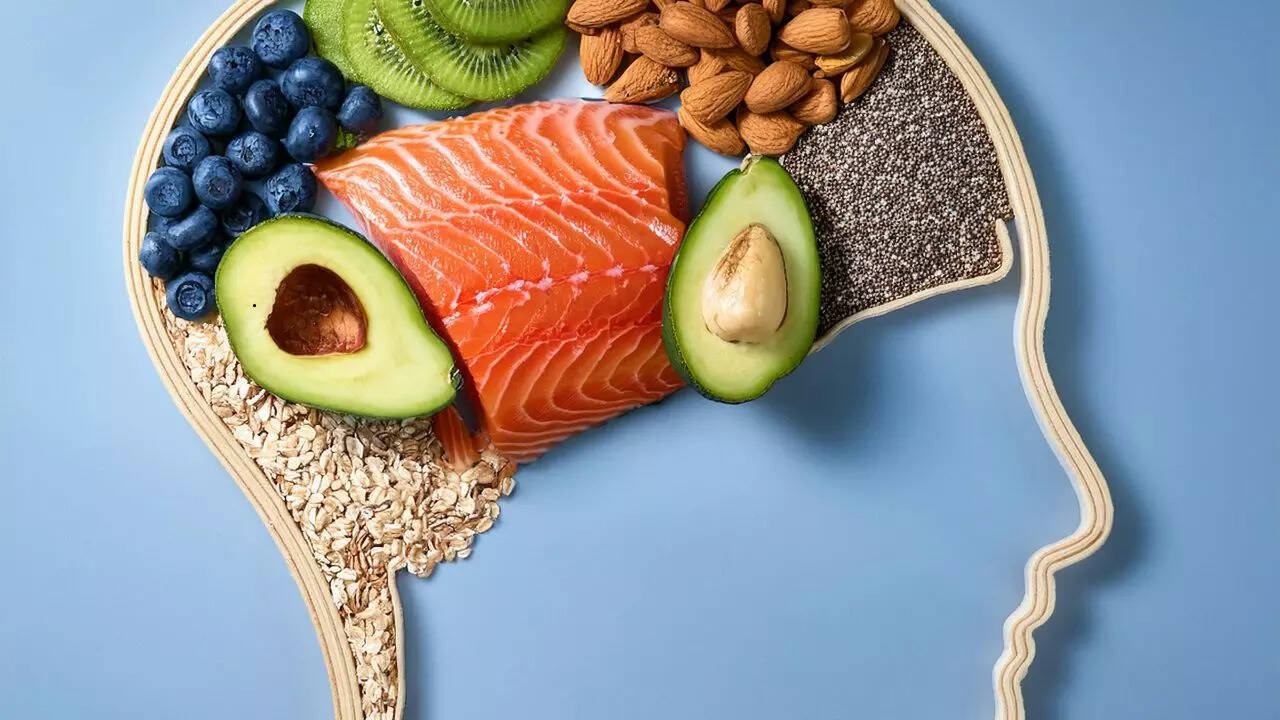
There was a time when a glass of fruit juice was seen as the perfect start to a morning; a symbol of health, freshness, and nourishment. It came with bright packaging and even brighter promises.
But now, science seems to be rewriting that story. New research from Brigham Young University (BYU) and German institutions has cast a careful light on fruit juice, suggesting that this popular ‘healthy drink’ might not be so harmless after all, especially when it comes to the risk of type 2 diabetes.Here’s all we need to know about what the study found, and look at some truly nourishing substitutes that could be better for metabolic health.
The old belief: Fruit juice equals good health
For decades, fruit juice has enjoyed a healthy reputation. After all, it's made from fruits. It’s full of vitamins, especially vitamin C, and it feels like a cleaner, more natural choice compared to fizzy drinks. No wonder it's a staple in breakfast spreads, children's tiffin boxes, and fitness cafés.But here’s the catch, most fruit juices lack the very thing that makes whole fruits so beneficial: fibre. Plus, what gets left behind is sugar, a lot of it, in liquid form.
The new reality: Juice and diabetes risk, what the study says
The recent BYU-led study, is one of the most detailed meta-analyses ever conducted on this topic. Researchers tracked data from over 500,000 individuals across various countries. Their goal was simple: understand how different forms of sugar affect diabetes risk.

Here’s what they found:Every additional 230ml serving of fruit juice per day was associated with a 5% increase in the risk of developing type 2 diabetes.In comparison, sugar-sweetened beverages like soda raised the risk by 25% per 350ml serving.Natural sugars eaten in foods like fruits or dairy didn’t carry the same risk, and sometimes, were linked with lower diabetes risk.The message? Drinking sugar, even if it’s from juice, hits the body harder than eating it.
Why drinking sugar is more dangerous than eating it
When sugar is consumed through drinks, it rushes into the bloodstream quickly, triggering a spike in blood glucose. This sudden overload can overwork the liver and disrupt insulin sensitivity, both red flags for type 2 diabetes.Whole foods, on the other hand, deliver sugars in a package that includes fibre, vitamins, minerals, and antioxidants. This slows down digestion, keeps glucose levels more stable, and prevents that sugar "rush" that overwhelms the system.So, while fruit juice may have originated from a good place — the fruit itself — the journey it takes before reaching the glass removes much of what made the fruit healthy in the first place.

New Delhi, May 28 (IANS) Love to drink sugar-sweetened beverages like soda, fruit juice, or energy and sports drinks? They may raise your risk of developing type 2 diabetes (T2D), according to a study.
Better alternatives to fruit juice
The good news is: hydration and nutrition can still go hand-in-hand. Here are some smart swaps that can be refreshing and gentle on blood sugar:Whole fruit smoothies (with pulp and fibre intact)Instead of juice, blending whole fruits, skin, pulp, and all, helps retain fibre, which slows down sugar absorption. Toss in a spoonful of chia seeds or flaxseeds for a bonus dose of healthy fats.Infused water with herbs and fruitsSlices of cucumber, lemon, berries, or mint can turn plain water into a delicious drink.
It looks vibrant, tastes refreshing, and doesn’t bring any sugar shock with it.Unsweetened coconut waterNaturally hydrating and rich in potassium, this is a great alternative — but in moderation. It still contains natural sugars, though far less concentrated than juice.Vegetable-based juices (Like cucumber or spinach)These are low in sugar and high in micronutrients. Adding a pinch of black salt or lemon juice can elevate the taste without any sugar.Diluted amla or aloe vera juiceThese have been used in traditional practices for gut and metabolic health. They offer a mild flavour and a range of potential health benefits, without the sugar overload.
Sugary beverage linked to increased risk of colorectal cancer in women under 50: Study

 1 day ago
38
1 day ago
38




























 English (US)
English (US)